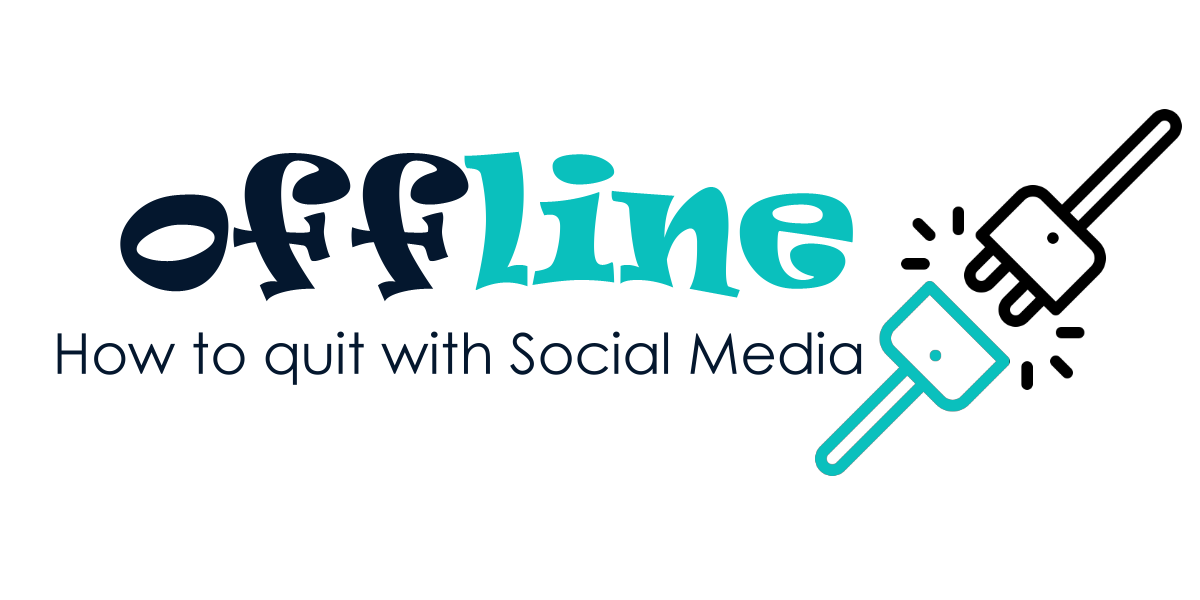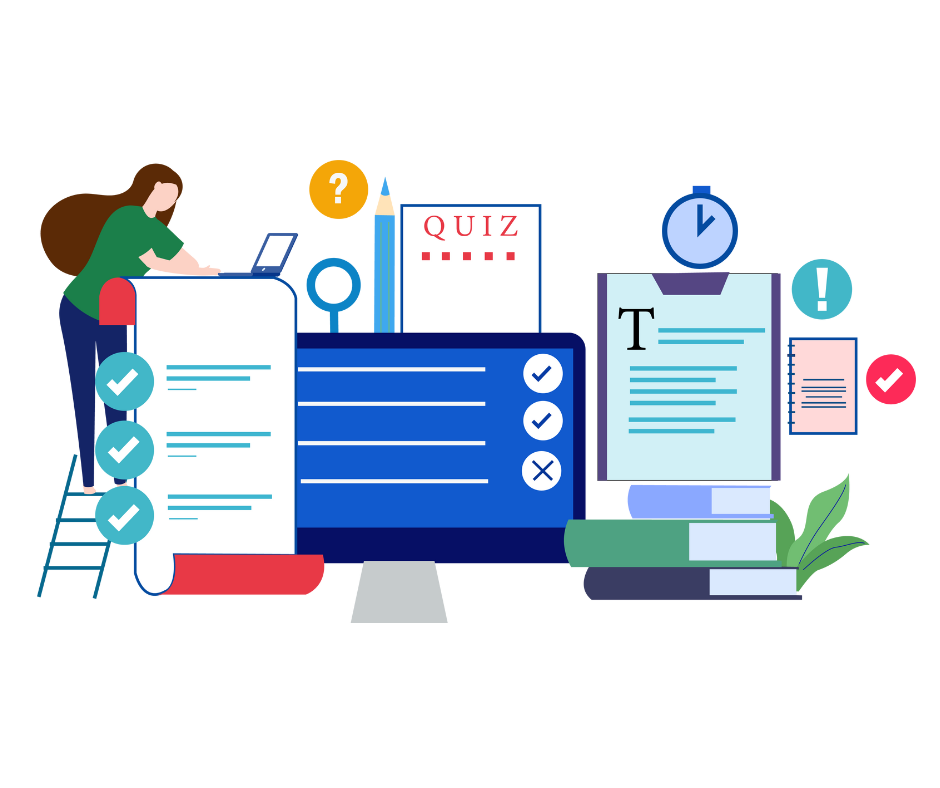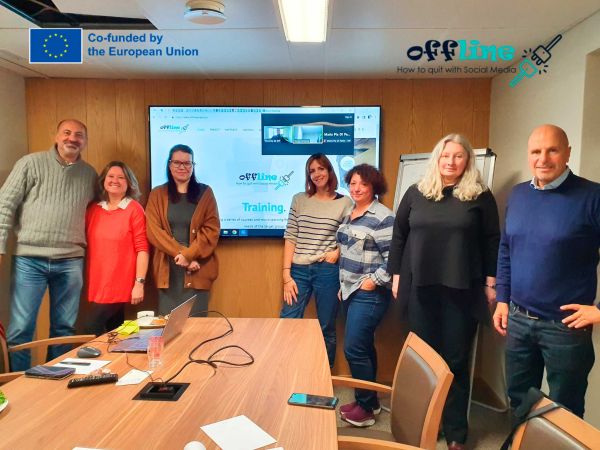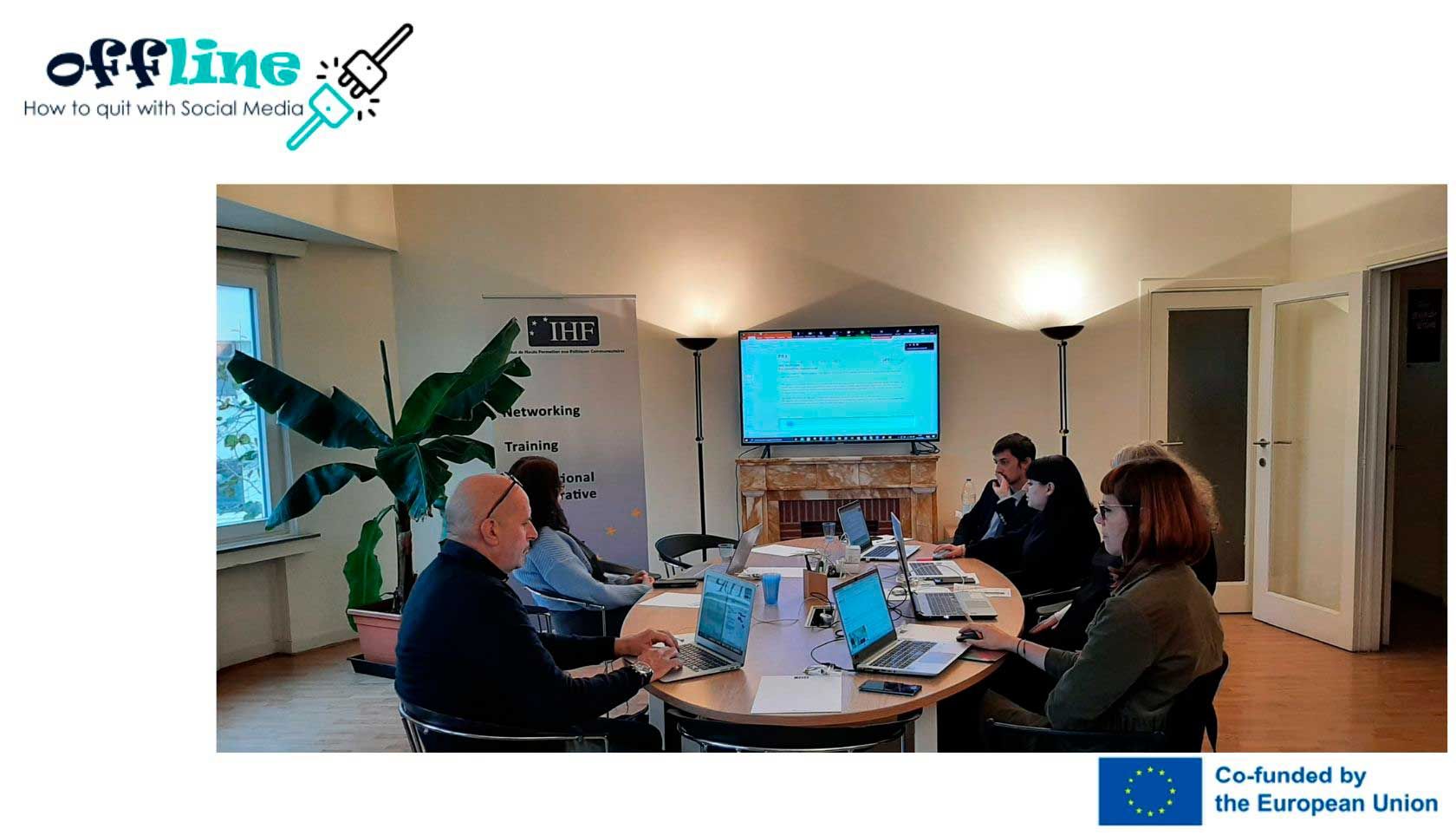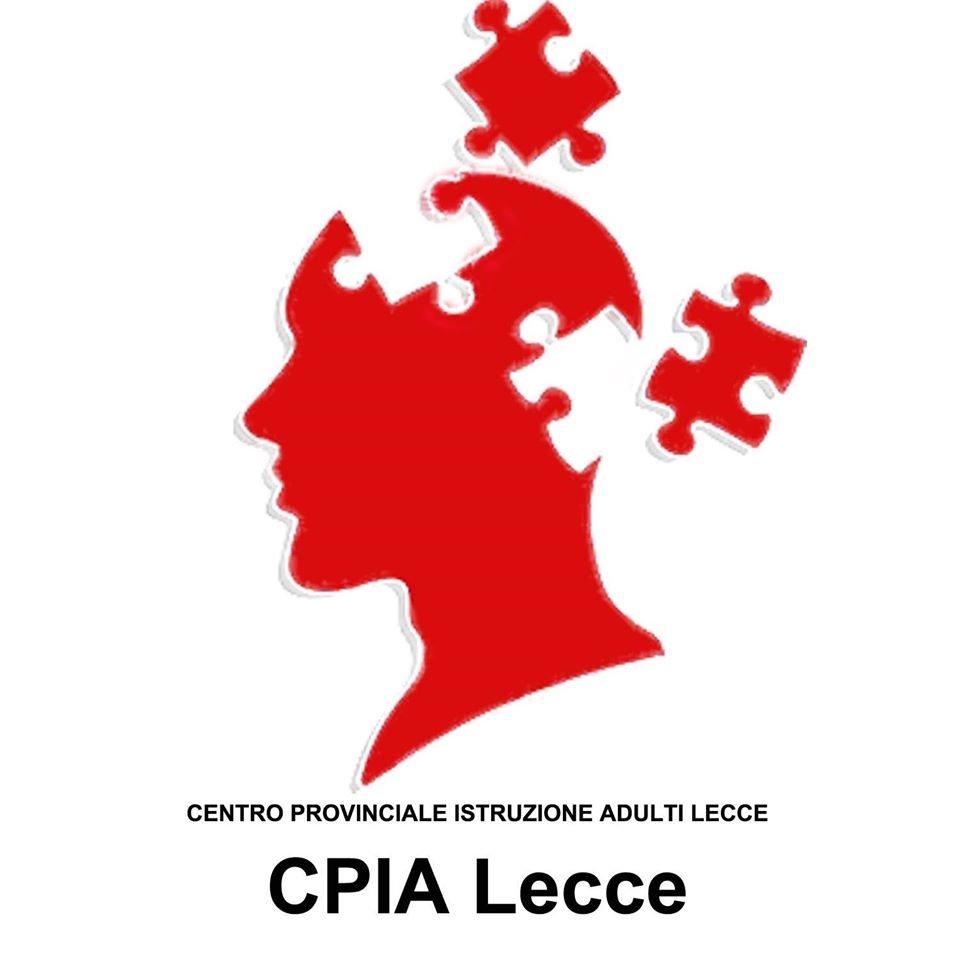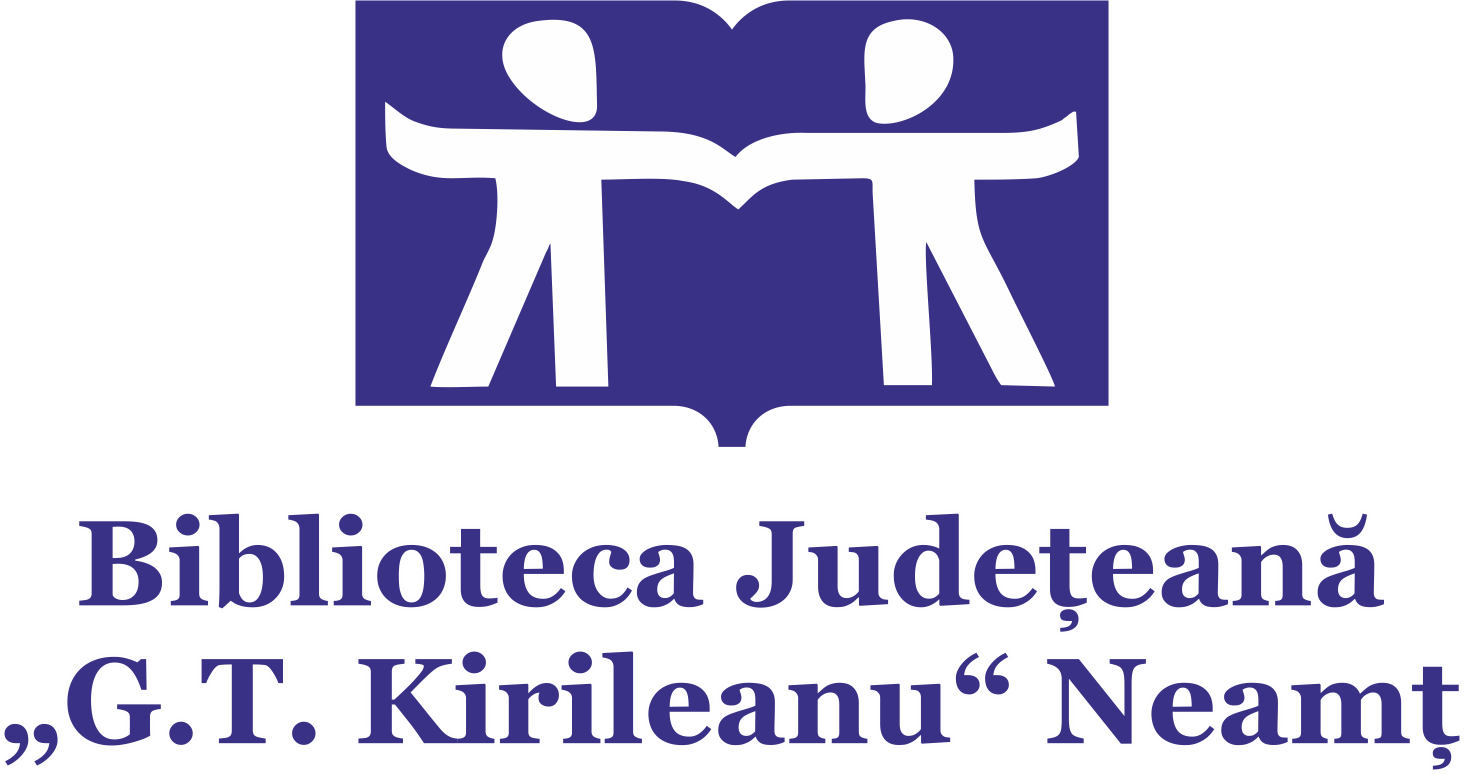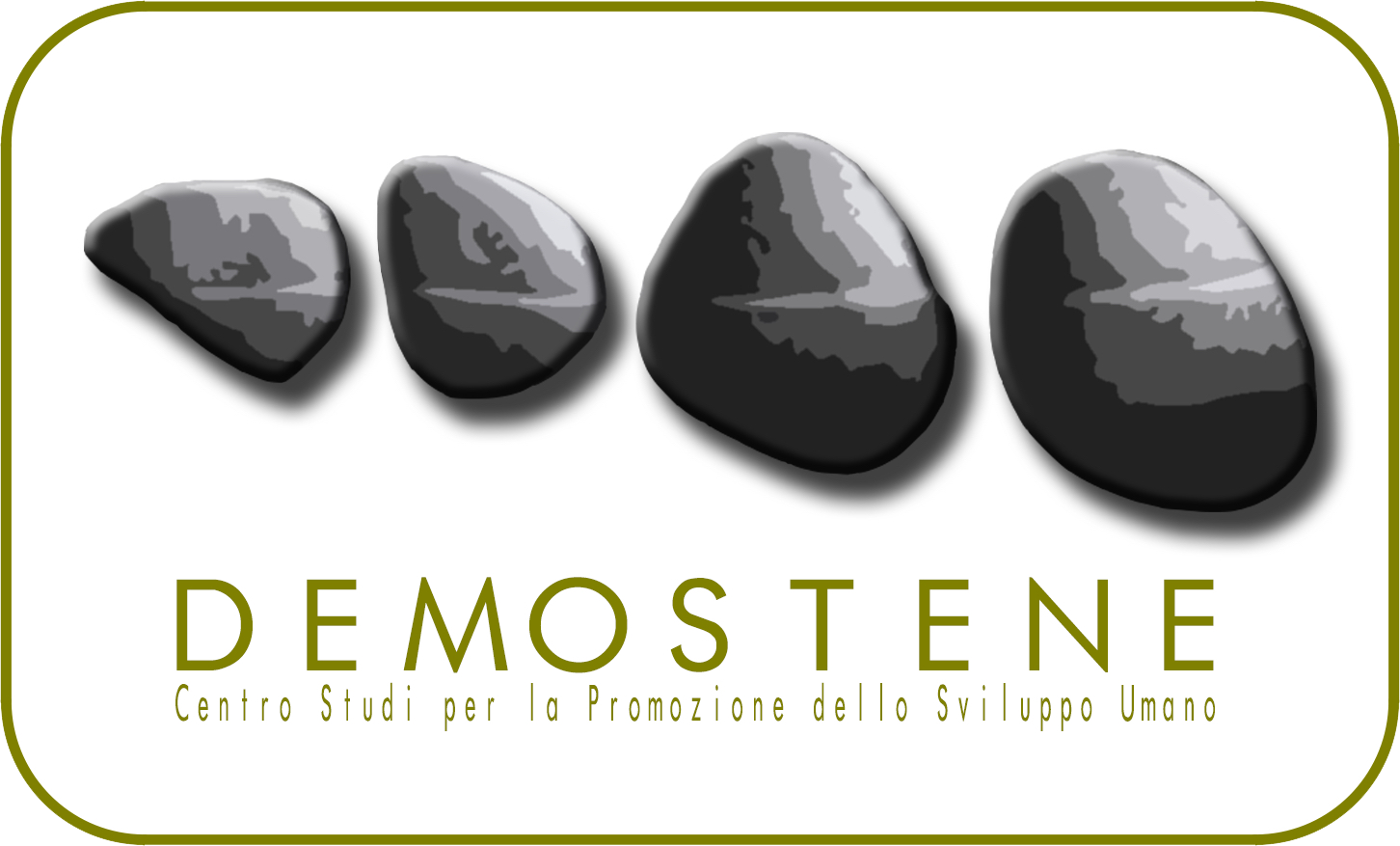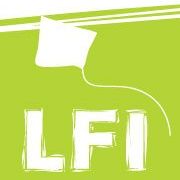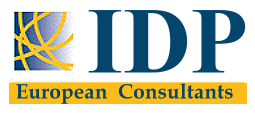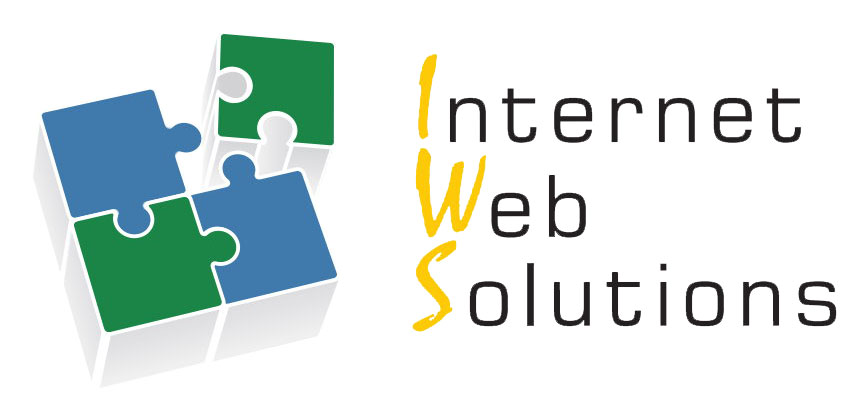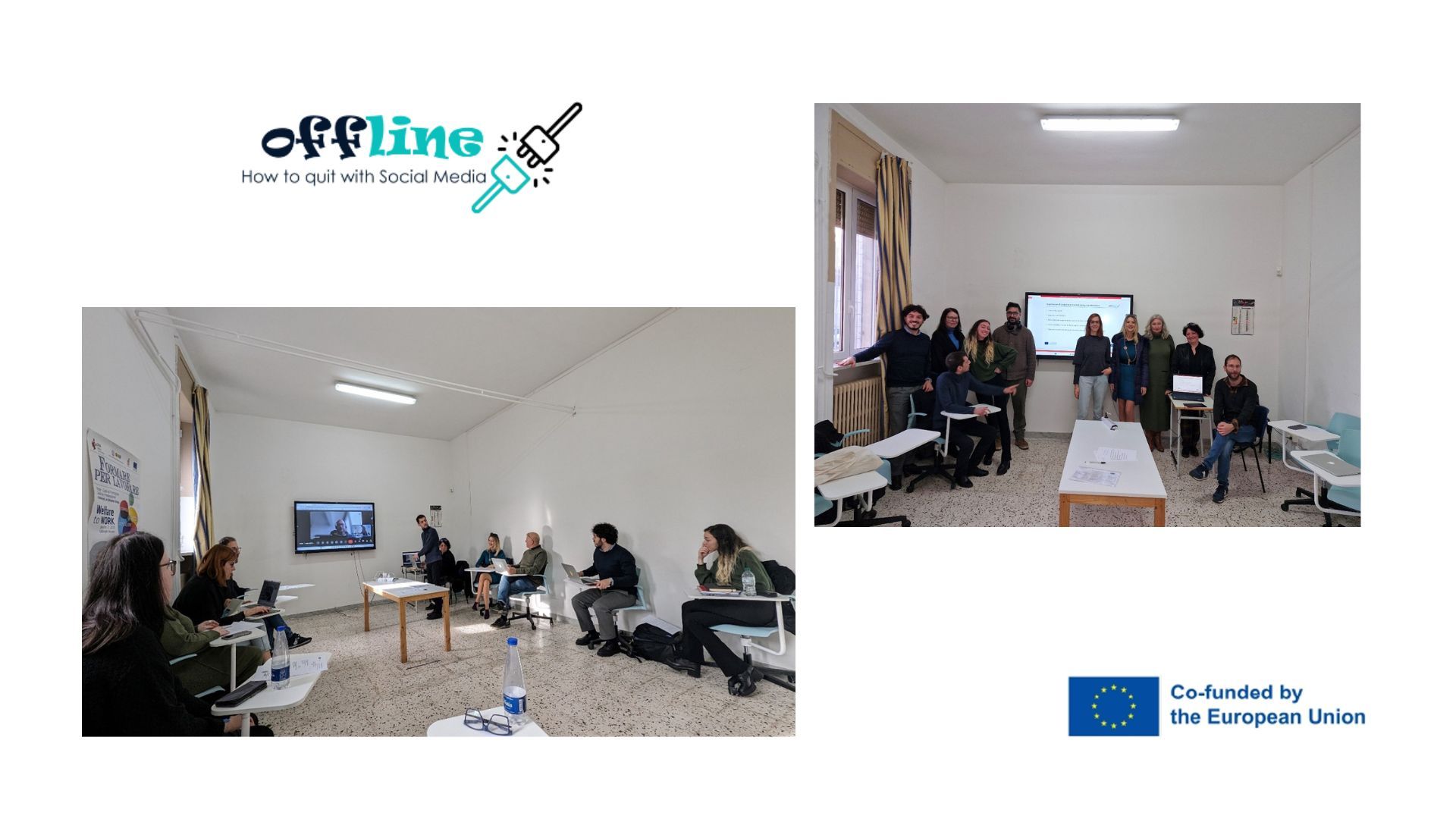
OFF LINE How to quit with Social Media.
07/02/2024
After two years of implementation, the OFFLINE How to quit with Social Media Erasmus+ project came to an official conclusion. Partners gathered together on 19 January, 2024 in Lecce (IT) to celebrate the successful completion of the project and discuss together the impact and results achieved throughout these 24 months of work. The meeting was hosted by CPIA Lecce and saw the participation of seven other project partners from five different EU countries (Belgium, Finland, Italy, Romania and Spain). After a brief welcome and introduction by the staff of CPIA, partners focused on the content of the agenda, including:
Summary and recap of lessons learnt, consolidated good practices and takeaways for further exploitation of results
Content of the OFFLINE Vademecum, last formal project result finalised by partners before the official ending of the project
The Vademecum for Slow Navigation provides for an in-depth guide into mindful digital practices and offers a roadmap for recalibrating individuals’ interactions within the digital sphere. This comprehensive guide is divided into different sections, each addressing different aspects of mindful online engagement, with the aim of mitigating the negative effects of excessive screen time and promoting a more balanced and mindful digital lifestyle. The Vademecum is available in online, multilanguage and open access format and users can access and download the content for free on the project website.
The sections of the Vademecum are:
Understanding slow navigation: slow navigation is a digital and social media approach that helps individuals to discover how to consume and engage social and digital media in a way that it feels more authentic. It allows people to reconnect with what matters and who matters.
Mindful social media usage: it is no secret that social media has drastically changed our societies. From the way businesses are conducted, to how we interact and socialise, social media defined a new paradigm of “para-relations” that blurred the margins of reality as we know it.
Practicing digital detox: digital detoxification involves eliminating excess exposure to digital media as a means of information and, more importantly, leisure. In other words, it is about taking a break from the digital overload we face every day, allowing more time for ourselves, away from screens.
The dangers of social media addiction: today people post pictures, messages, comments, tweets and retweets and spend hours interacting in social media rather than in person. With the widespread use of social networking sites, social media addiction has become a more prominent problem especially among young people, but also in different age groups.
Setting intentions for social media usages: social media is designed to grab your attention and keep you in the application for as long as possible. To do this, they exploit the lack of specific intentionality in our use of social media: in fact, we often just want to fill some time between one thing and another. But the lack of intentionality in our use of social media makes us easy prey to useless, if not harmful, content for our balance and mood.
Balancing Offline and Online life: today's world requires the use of many digital devices, and the online environment is often necessary in people's lives. We need to know how to use technology to improve our communities and lives (both physical/offline and digital/online). Just as a balanced diet contributes to a state of physical health, so too a balance needs to be created between the physical and digital worlds, between physical/offline and digital/online activities, as moderation and balance ensure productivity and health.
Time Management techniques for online activities: although it is most certainly true that the internet changed for the better the way and ease in which people can work, process information and acquire new knowledge, high exposure to screen time comes with several downside and negative effects on individuals. The most effective countermeasure that we have against the negative effects of extended screen time is proper and sound consideration of the quantity and quality of time that we decide to spend in front of digital devices.
Navigating information overload: the advent of the World Wide Web eased exponentially the way in which we gather, collect and process information. Knowledge has never been more accessible then now, and with all the opportunities and resources available, whatever will ever be needed is just a few clicks away. However, this abundance of information generates the challenge of dealing with “too much information”: an overloading of resources and data that makes particularly difficult the process of selecting and consuming the exact information that we need.
Embracing offline activities: embracing offline activities is crucial for our mental, emotional, and physical well- being. In this section, we will highlight the importance of cultivating offline hobbies, engaging in face-to-face social interactions, and prioritising self-care. We will also provide a list of suggested offline activities to help you lead a more balanced and fulfilling life.
Assessing your current habits: Self-assessing your responsible use of social media and the internet is an important step in maintaining a healthy digital presence. In this section, we discuss the steps for evaluating your own online behaviour and how to set clear goals for online usage. We also provide a questionnaire for evaluating your online habits.
The Vademecum for Slow Navigation follow a long series of results that partners developed during implementation. Results of OFFLINE are designed and tailored to support and “teach” people on how to: reduce the time spent on social media by promoting a more fruitful use of media; develop among adults an aptitude and a culture of correct information through for example digital newspapers or magazines or other accredited sources.
The Vademecum and all other project results are available from the official eLearning platform of the project: www.offlineproject.eu
Read More
